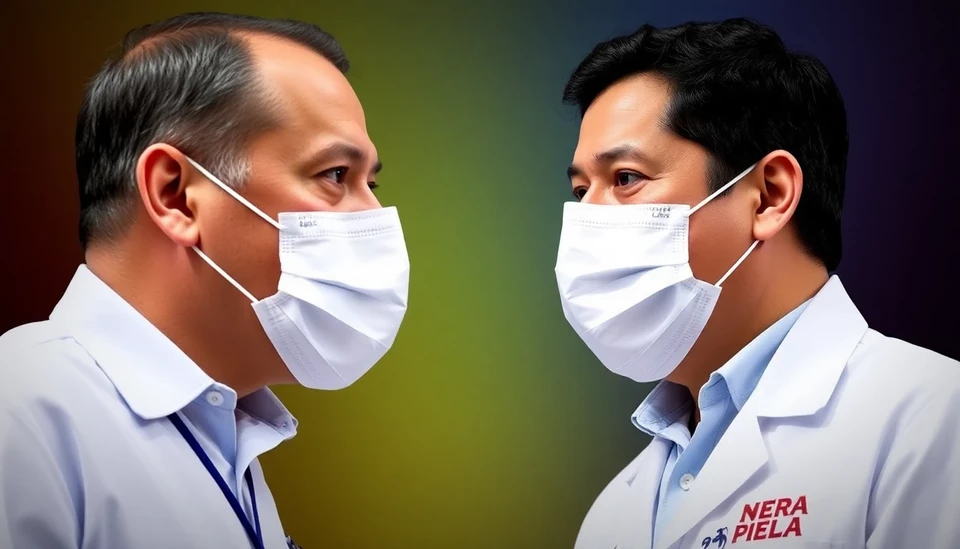
Colombia is experiencing a profound health crisis as the tension between President Gustavo Petro and health insurance companies reaches a boiling point. This confrontation is leading to widespread uncertainty for millions of Colombians who rely on healthcare services. The crux of the crisis lies in the conflicts surrounding healthcare policies and the functioning of the health insurance system, which many argue is under severe strain.
As President Petro pushes for sweeping reforms to make healthcare more accessible and equitable, health insurers are pushing back, arguing that such changes could destabilize a system that already faces significant challenges. The disagreements have sparked protests and alarm among both patients and healthcare professionals, who are caught in the middle of this political clash.
Petro's administration is advocating for a healthcare model that eliminates the profit motive from health insurance, thereby prioritizing patient care over financial gain. However, this vision faces strong opposition from private insurers, who claim that the proposed reforms could lead to diminished service quality and increased financial burdens on the state.
The healthcare system in Colombia has long been criticized for its inefficiencies and disparities. Many citizens have expressed frustration over their access to treatments, long waiting times, and the rising costs of medical services. In response, the current government is attempting to enact reforms that would theoretically pave the way for a more comprehensive and universally accessible healthcare system. However, navigating the delicate balance between reform and maintaining quality has become a precarious endeavor.
Recent reports indicate that many patients are beginning to feel the impact of these hostilities. Access to basic medical services has become increasingly difficult, with many declaring their experiences as "life-threatening." Public health experts suggest that if the current impasse continues, Colombia could find itself in a more pronounced health crisis, marked not only by political unrest but also by deteriorating health outcomes for its population.
Protests have erupted across the country, led by affected citizens and healthcare professionals who are demanding a resolution. With mounting pressure from all sides, the government faces a critical juncture: either find a way to reconcile with health insurers or risk further instability in the healthcare sector.
The unfolding situation has drawn national and international attention, spotlighting Colombia's ongoing struggles with healthcare provision amid economic challenges. The future of Colombia's healthcare system now hangs in the balance as advocates from various sides push for a sustainable solution that safeguards the health and well-being of its citizens.
The dilemma encapsulates the broader struggle many countries face in balancing healthcare reform with the interests of private insurers. As the government seeks to redefine the healthcare landscape, it remains to be seen whether diplomacy or continued conflict will prevail. The solution is essential not only for the immediate health of Colombians but also for the long-term viability of the nation's healthcare framework.
In the coming weeks, all eyes will be on Colombia as the Petro administration and insurance companies navigate their contentious relationship, seeking a resolution that could redefine the landscape of health service delivery in the nation.
#ColombiaHealthCrisis #GustavoPetro #HealthInsurance #HealthcareReform #PublicHealth #ColombiaProtests #HealthEquity #ColombianPolitics
Author: Victoria Adams




